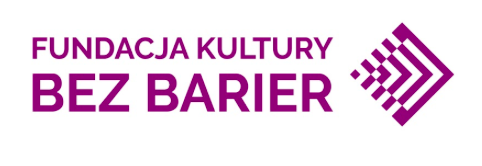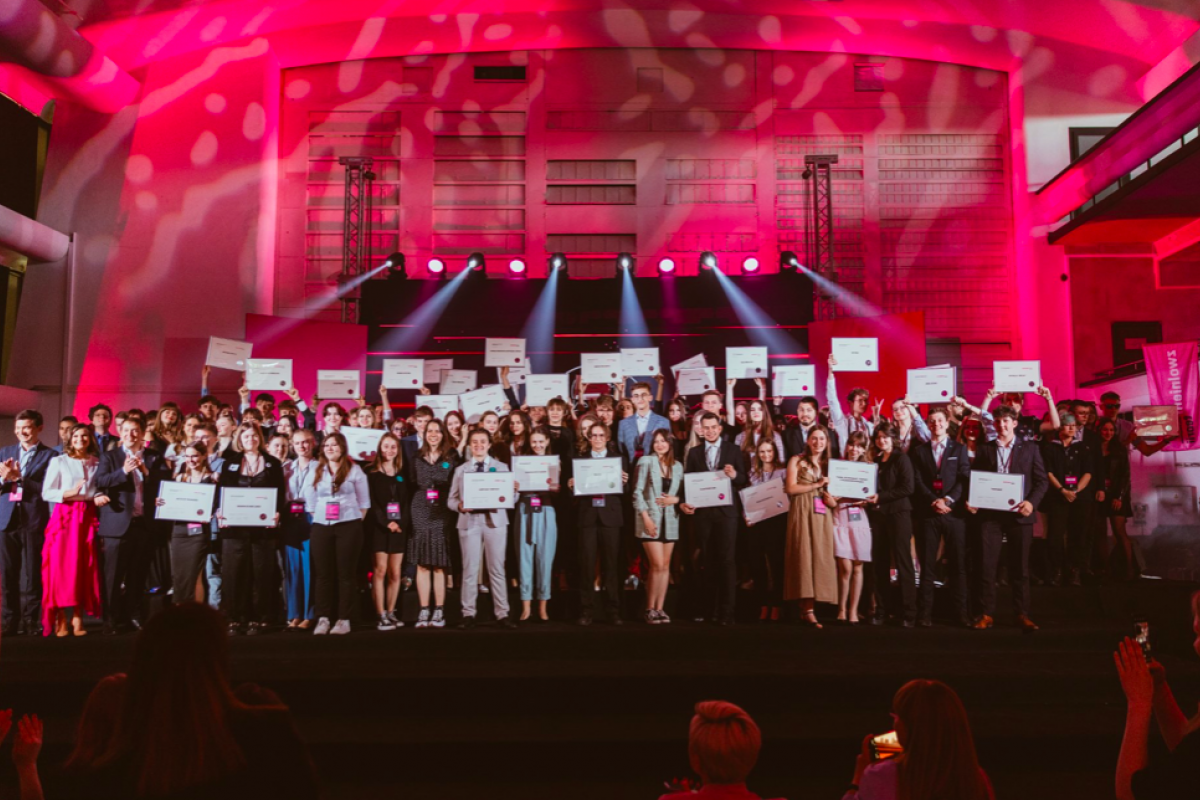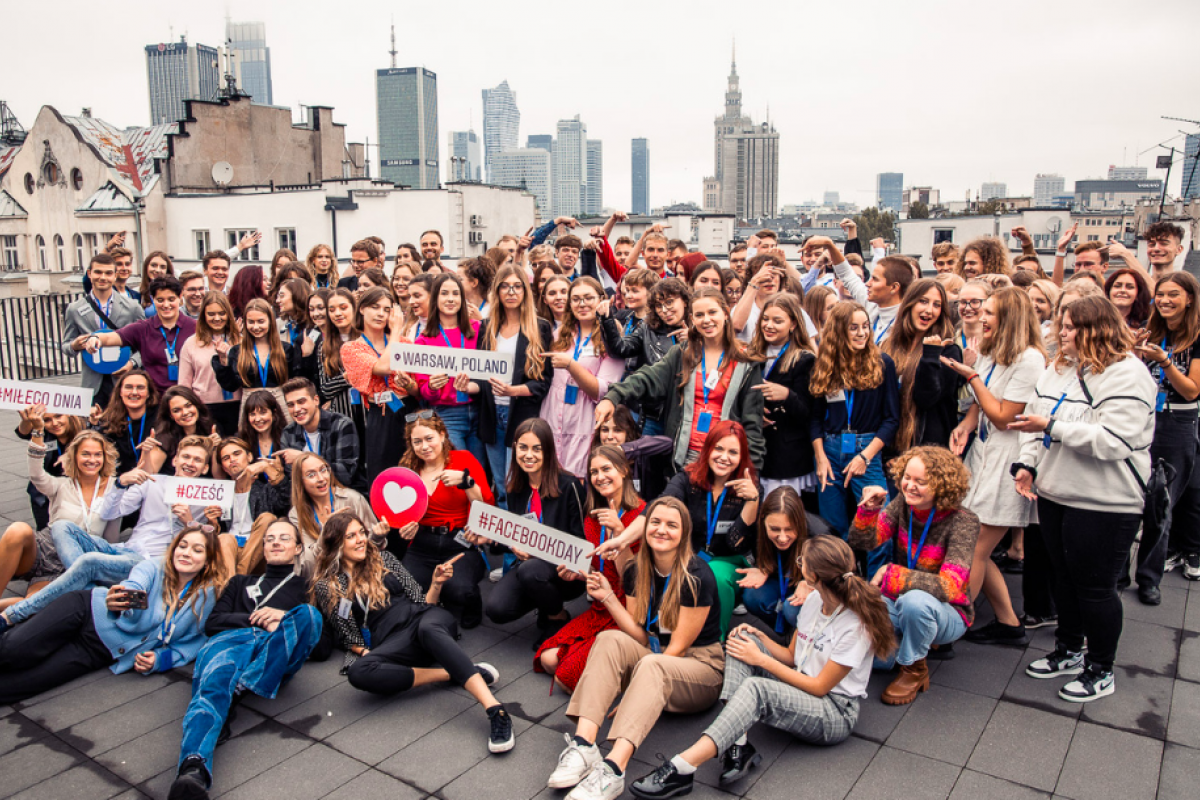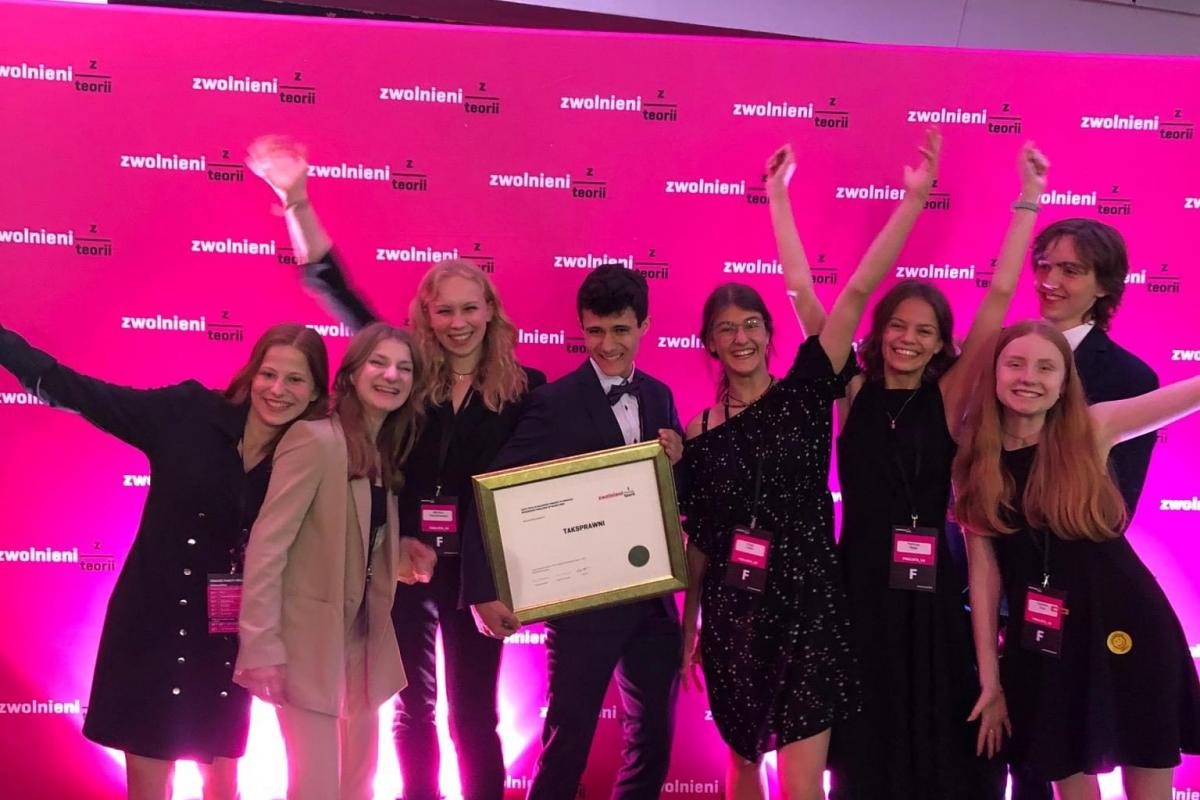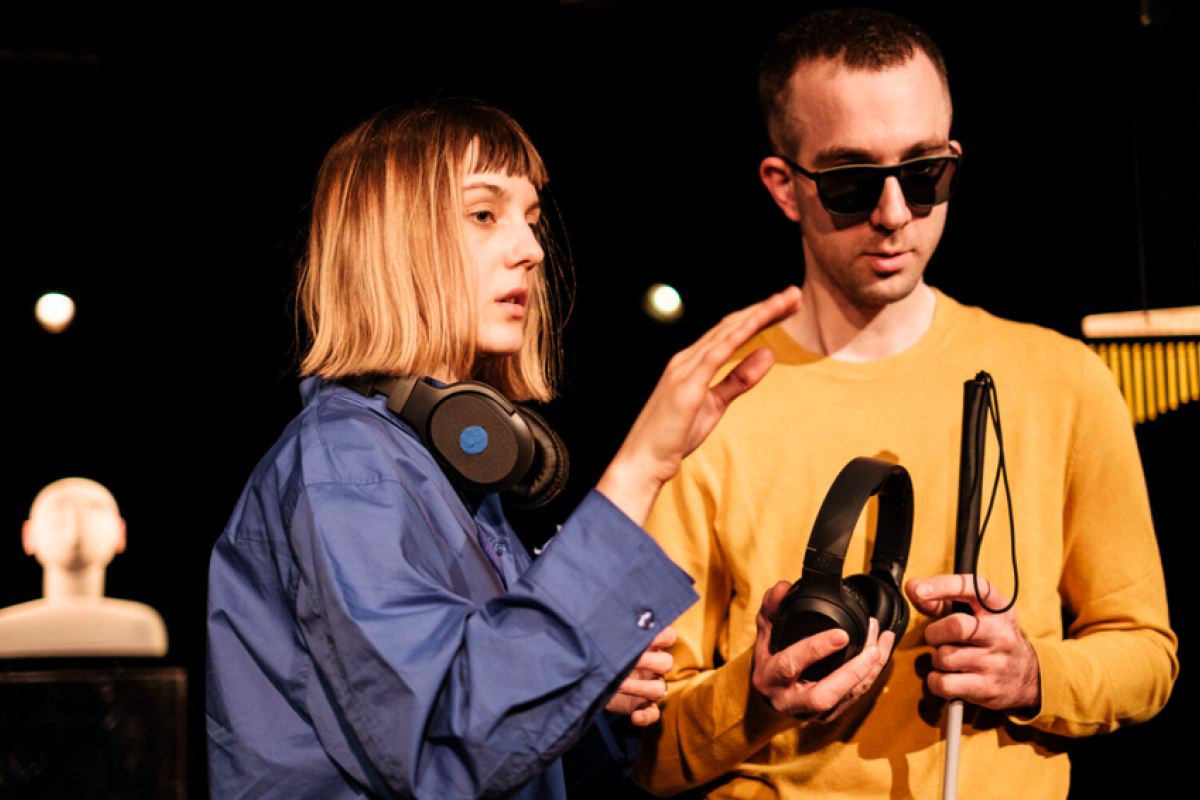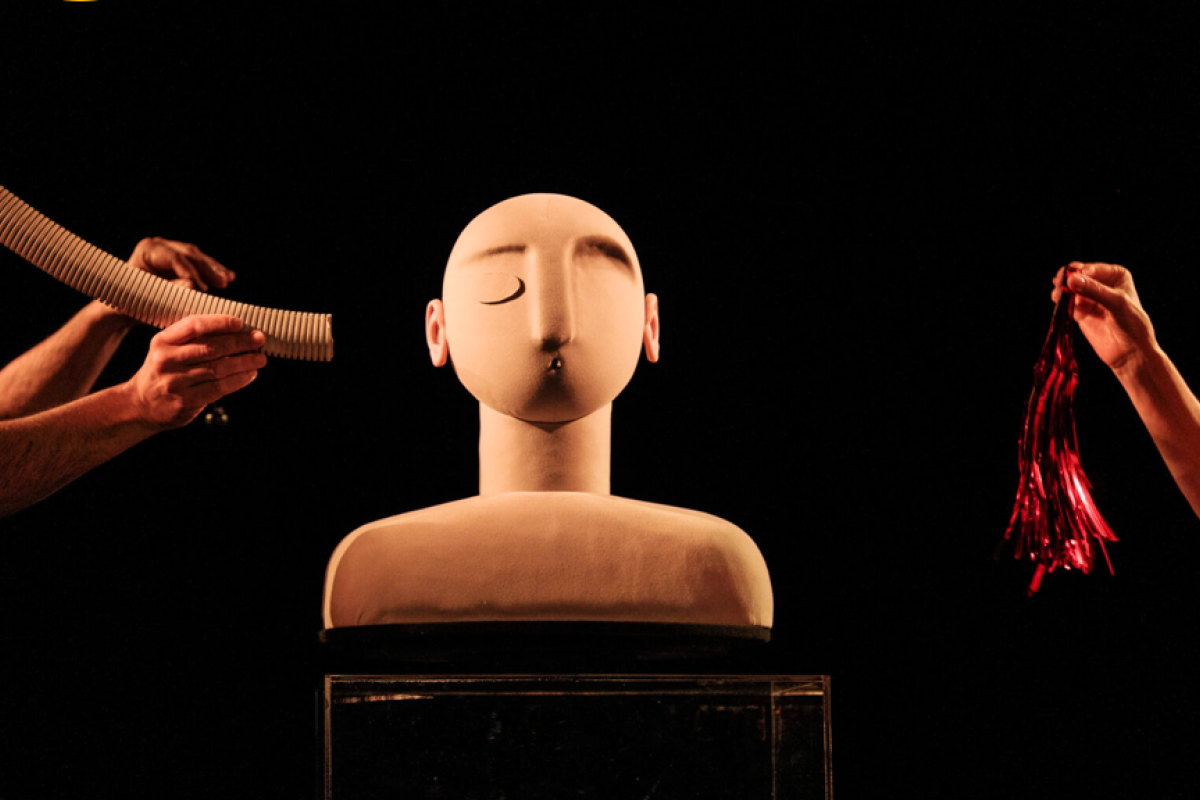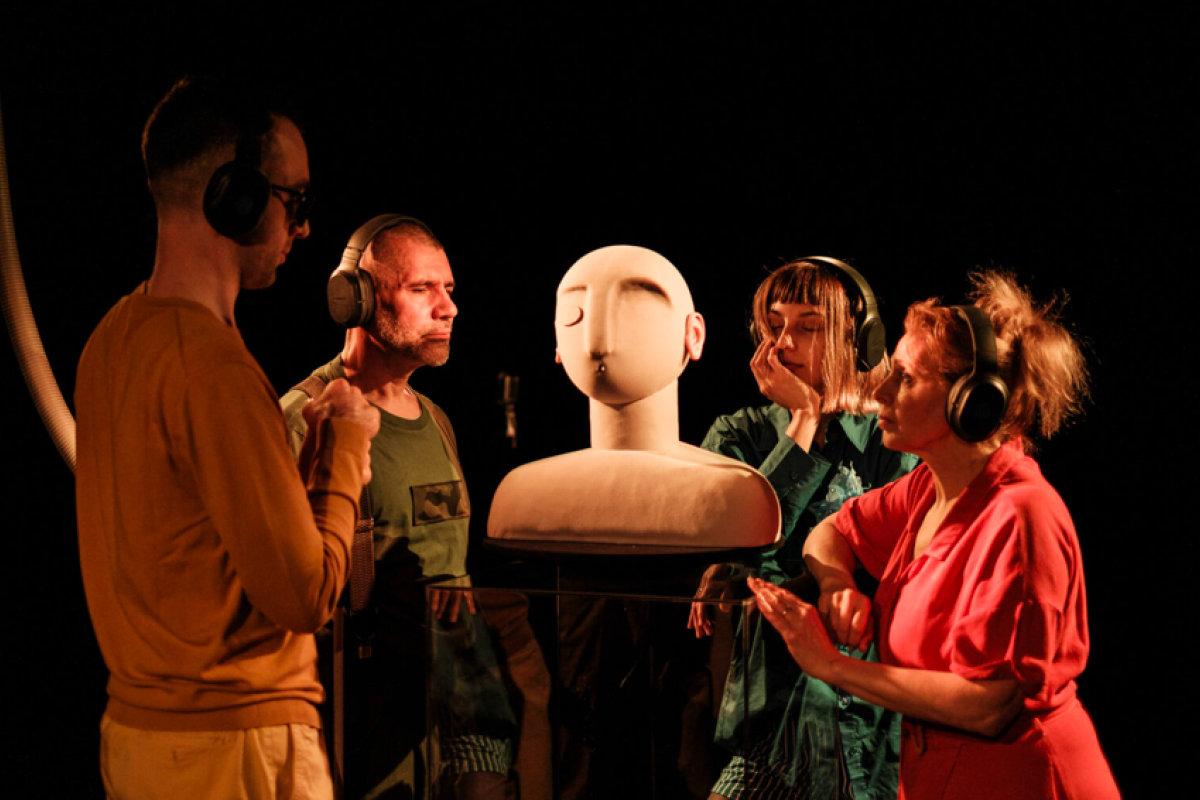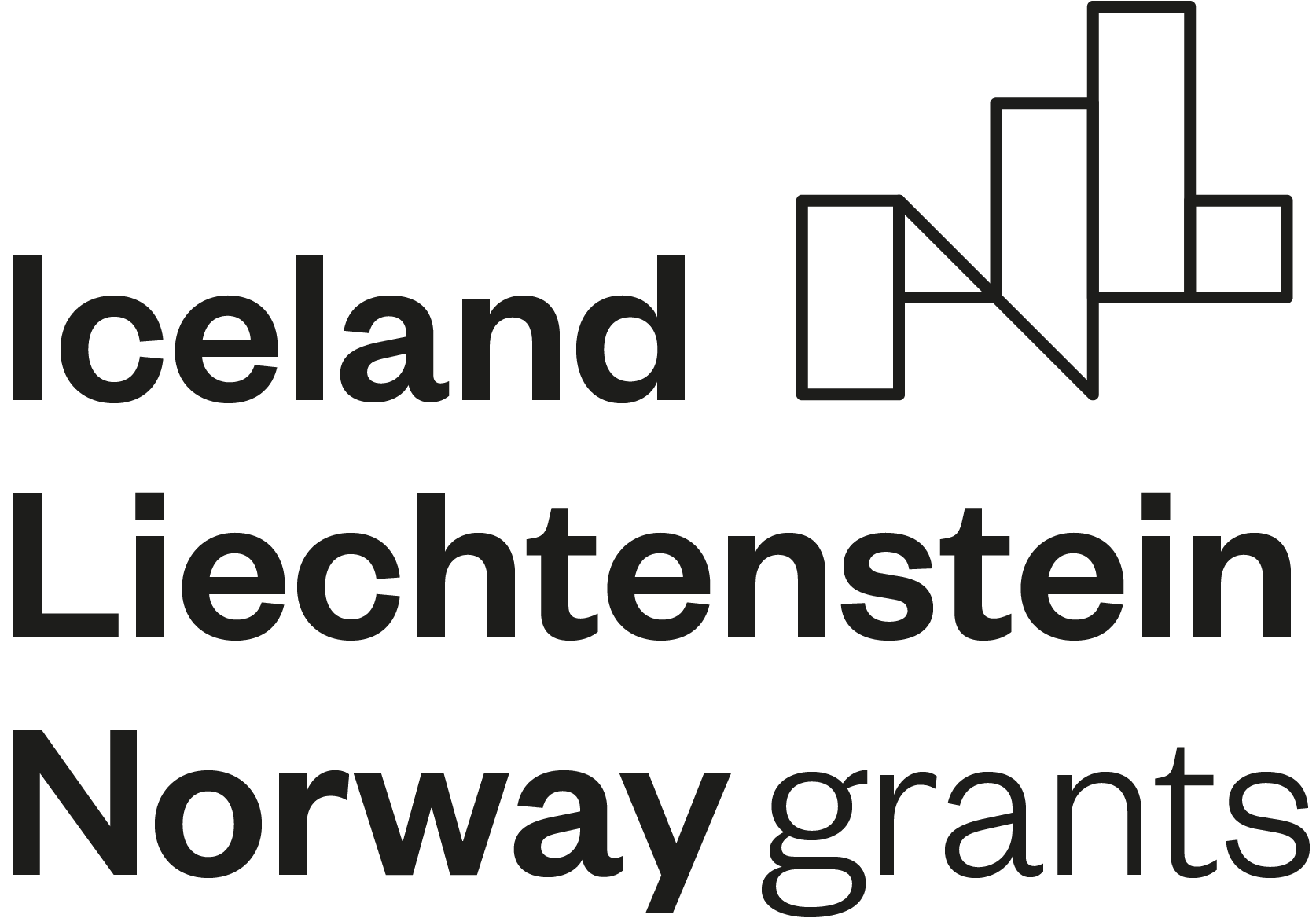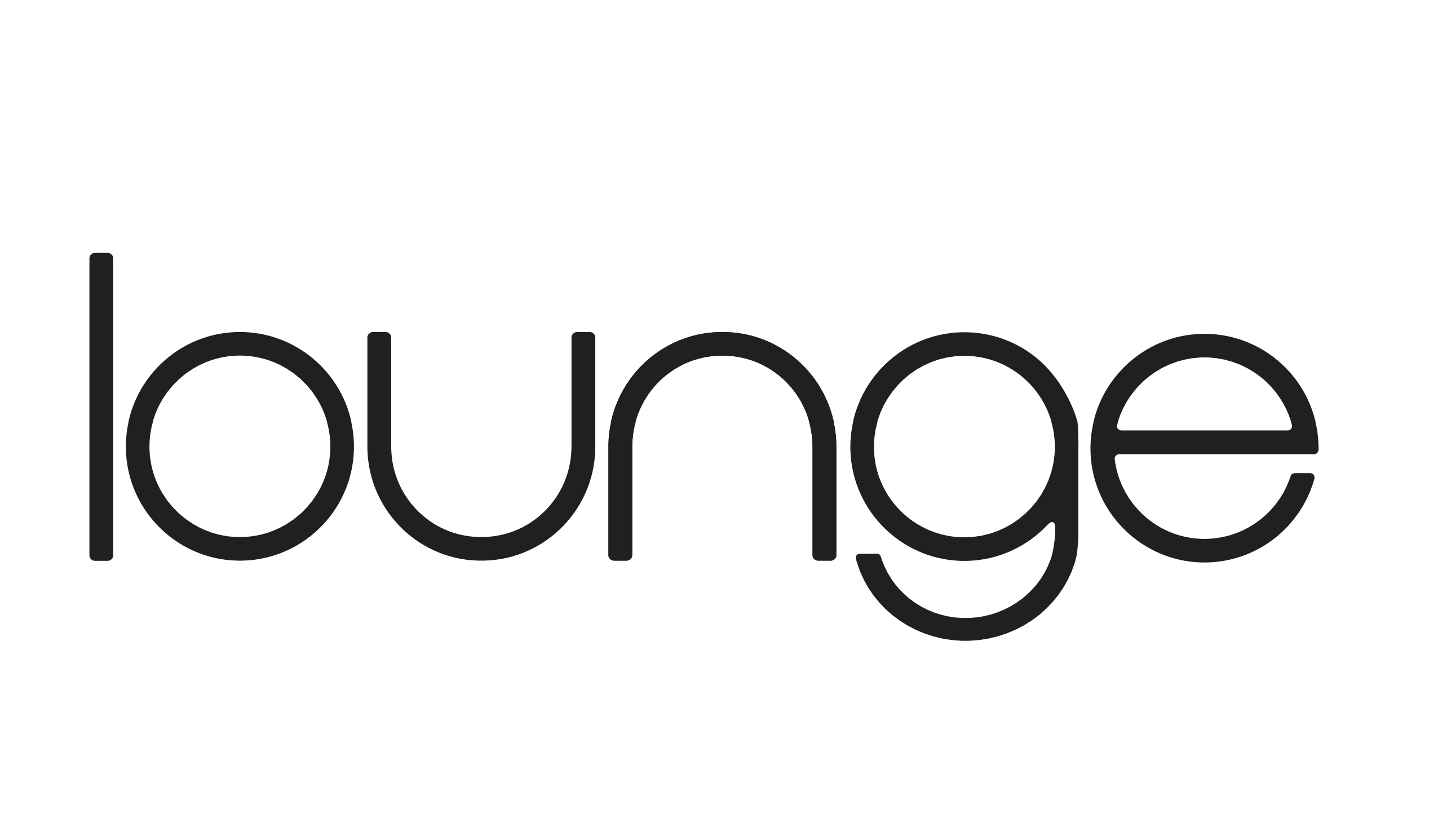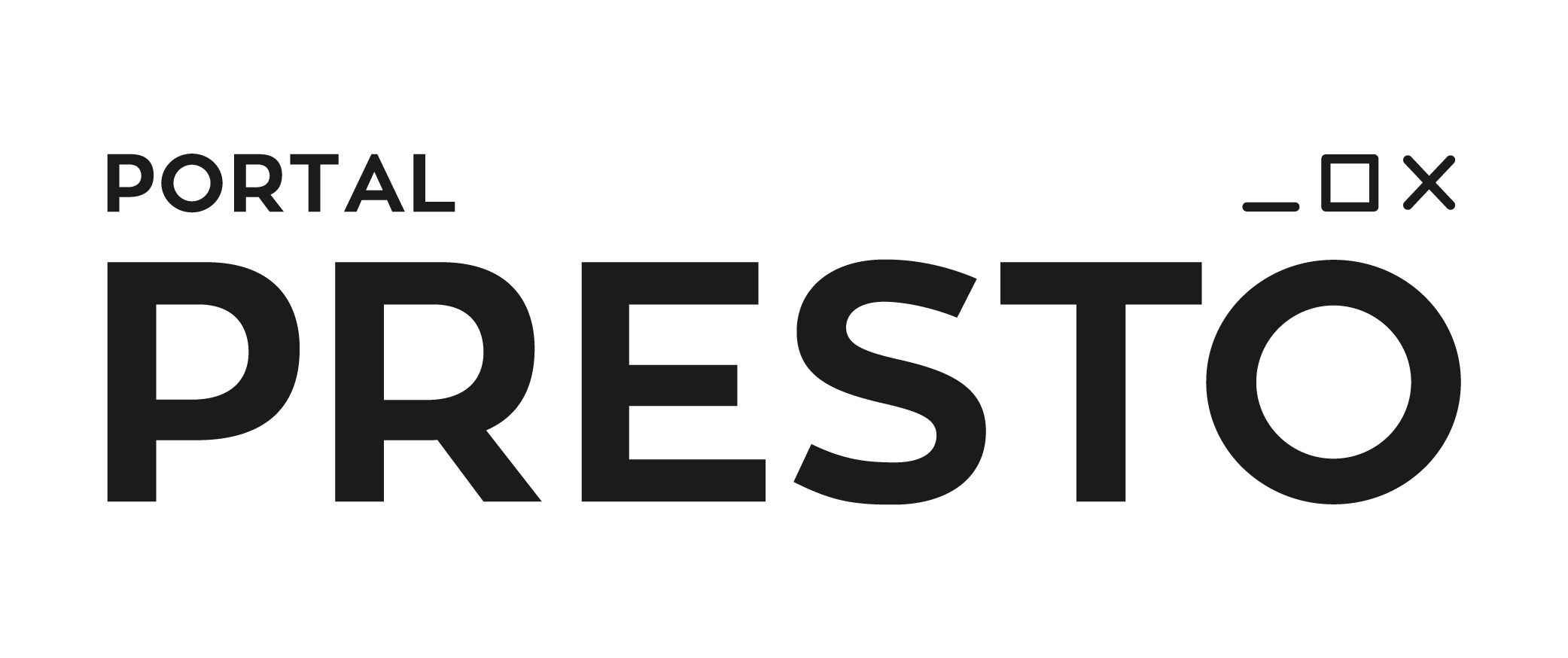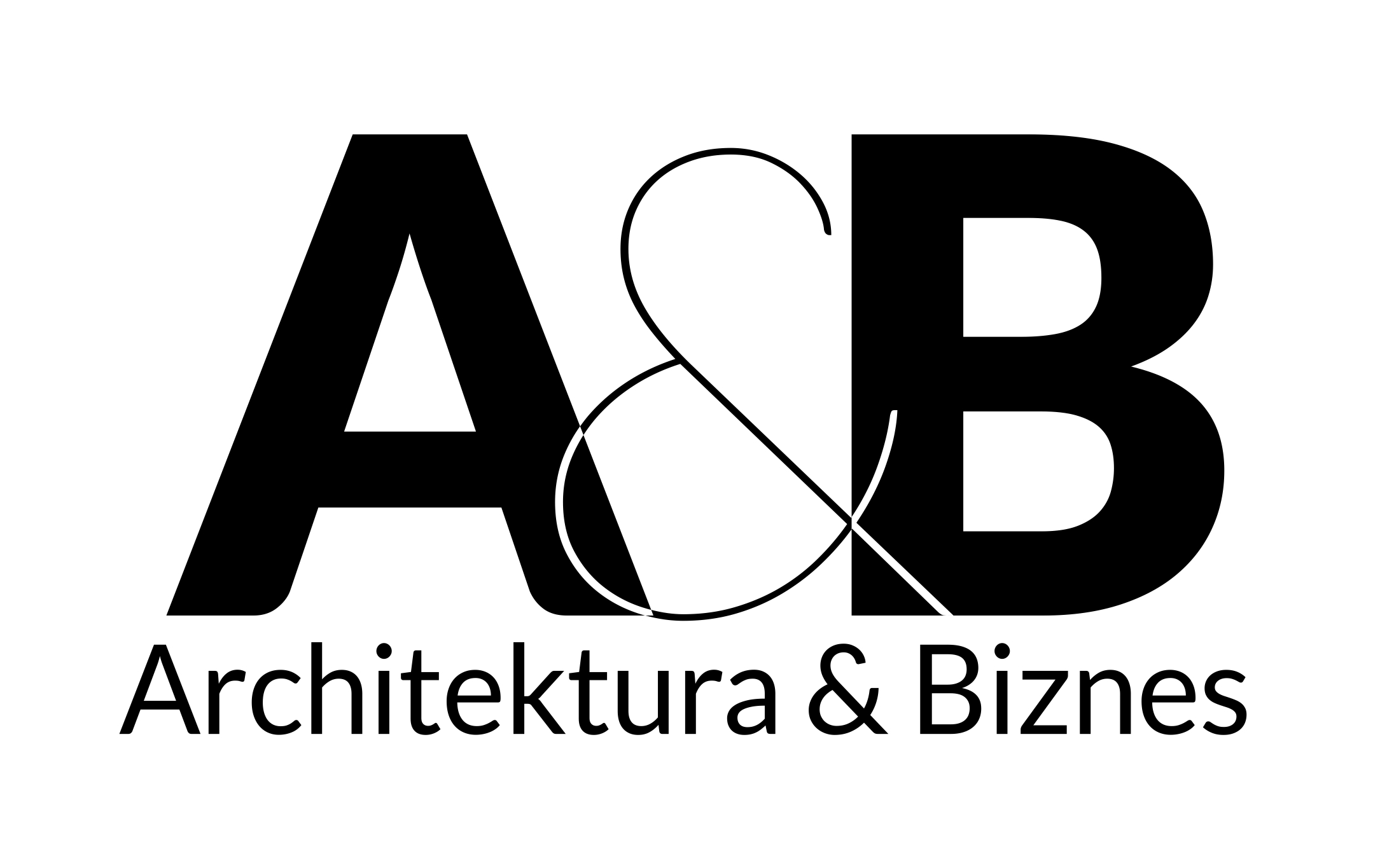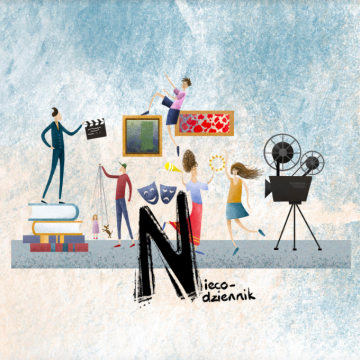
Niecodziennik #5 - Dostępność Kultury
Do we as a society feel the need to create an accessible culture?
Properly adapted entrances, space that allows free movement, the ability for wheelchair users to negotiate stairs. Barrier-free culture helps people understand how little is needed. May 18 is World Accessibility Awareness Day, so this month we couldn't miss a voice on creating an accessible culture. We invite you to discover a fascinating panorama of accessible culture, where technology interacts with creativity, opening new perspectives on barrier-free art. Below are examples of interesting initiatives to watch out for.
1. Theater open to all
What is the work of an Accessibility Coordinator at a theater? What are the challenges facing a theater that seeks to open to all audiences? What unique offer does the Słowacki Theater prepare for people with disabilities? Dominika Feiglewicz - accessibility coordinator at the Słowacki Theater - answered these other questions for us in an interview. We invite you to read on and learn how the theater can become an educational and open place for everyone.
2. The young also have power!
There's more than just fun on the minds of young people! Every year several thousand young high school students create their social projects carried out in the framework of the Zwolnieni z Teorii Olympiad. Some of them pay special attention to people with disabilities and their exclusion from the possibility of full participation in culture. Opposing this phenomenon and wanting to help people with special needs, they create activities that have a real impact on their local environment, thus creating accessible culture. We invite you to look here - to learn more about selected projects.
3. Performance "All in the head" - Guliwer Theater
In Warsaw, the Guliwer Theater produced the play, "All in the Head," directed by Julia Szmyt, made for the blind and visually impaired. From the beginning to the day of the premiere, it was created together with blind and visually impaired people - as consultants, experts and co-creators at the same time. The creators ask questions: how does a person who does not perceive the environment through the sense of sight look at the world? What does a person who speaks a foreign language think and hear? But most of all - how is it that regardless of our differences we feel the same - we have similar fears and joys.
Sighted people, during the performance, have a chance to feel how blind people learn about the world. In the performance, the creators and creators use binaural technology, which allows those attending the performance to become part of the events.
The performance will appear in the repertoire in the next artistic season.
4. Flickering children
Recently the premiere of the book "Blinking Children" by Karolina Bocian took place. This is the first in a series of books popularizing the study of Polish sign language among the youngest! Seeing the lack of available educational aids, using her professional experience and feeling the need to refresh education in the field of sign language learning, the author created 118 carefully designed pages full of sign language expressions and exercises. And all this is divided into 10 thematic blocks such as toys, colors, animals, elements of weather or emotions. In addition to colorful illustrations of sign words with their meanings and with various exercises, there are also videos that can be used by scanning QR codes.
The book is available for purchase here.
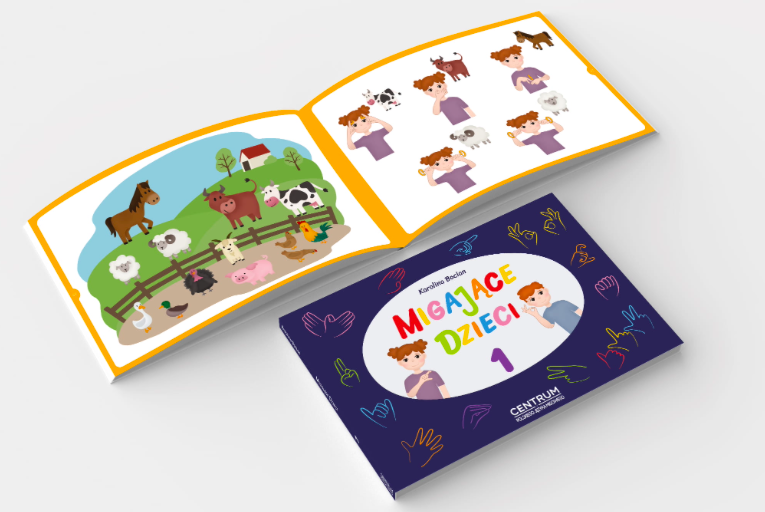
5. Sensory-friendly screenings at Helios cinemas
Cinemas in Poland are also trying to be accessible to people with disabilities. Kino Helios Poland has created a series of sensory-friendly screenings. Numerous facilities have been created for viewers of such screenings, adapted to the needs of the audience, including: Polish dubbing, muted sound, no commercial block, soft lighting and the ability to move around the room and freely express emotions.The screenings are part of the Helios Without Barriers series. The content partner of the Sensory Friendly Screenings is the Culture Without Barriers Foundation.
More information can be found here.
6. Stay tuned! - Culture without Barriers Foundation
A growing number of foundations are emerging in Poland that work on behalf of people with disabilities. One of them is the accessibility-promoting Culture Without Barriers Foundation, which was created by experts full of passion and desire for change. The founders want everyone - regardless of the degree and type of disability, financial or family situation - to have the opportunity to systematically and independently participate in film screenings, theater performances, to be able to visit exhibitions in museums and galleries. The Foundation also takes an active part in organizing accessible events. The largest of these are festivals - the Culture Without Barriers Festival, the Transition Film Festival and the COOLtural Deaf Festival. If you want to keep up to date with information and interesting articles from the accessible world, we encourage you to follow the social media and the foundation's website.
